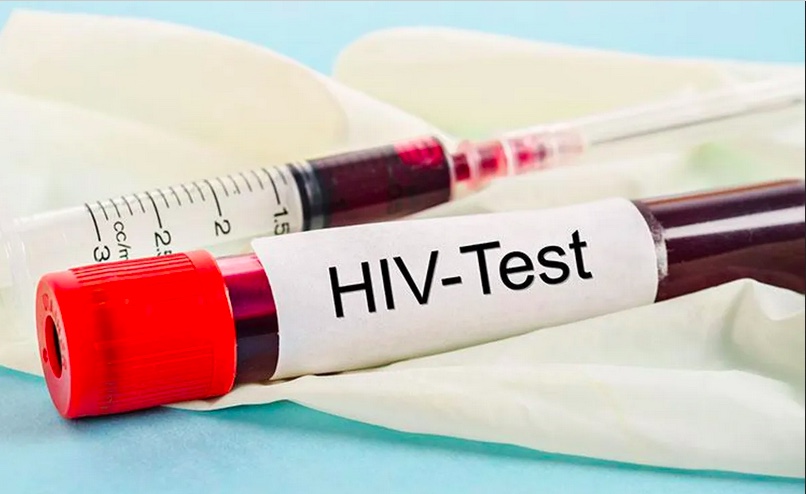WHEN THE FIRST HIV case was reported in Namibia in 1986, it was met with fear, stigma, and misconception.
Since then, it has continued to be a major public health and economic challenge in the country.
Many believed it resulted from reckless behaviour, leading to discrimination and exclusion. This stigma limited access to healthcare, leaving many people living with HIV-AIDS to suffer in silence.
Families, overwhelmed by fear, struggled to provide care, and many died without support. This crisis fuelled global advocacy for social justice and improved healthcare.
The World Health Organisation’s call for universal access to HIV treatment, prevention, and care became a turning point.
Today, Namibia’s public sector provides free antiretroviral therapy (ART) for all people living with HIV-AIDS, ensuring broader access to care.
Partnerships between the government and private sector have further strengthened support, yet challenges remain, particularly in ensuring holistic, person-centred care.
Given the current global efforts in supporting HIV-AIDS management, public-private partnerships, including collaborations with the pharmaceutical industry, play an increasingly significant role in advancing the HIV response across countries.
The world is working towards the 2025 Joint United Nations Programme on HIV-AIDS (UNAIDS) target – putting people living with HIV and communities at risk at the centre.
Thus, it is essential to ensure equitable resource distribution across sectors.
A unified approach can alleviate additional burdens, such as mental health issues, medication shortages, out-of-pocket costs, comorbidities, and ageing with HIV-AIDS.
Adhering to lifelong treatment remains a challenge, raising the risk of drug resistance and driving up healthcare costs.
HIV-related stigma still affects resource allocation, making it difficult to recognise HIV as both a health and economic priority.
Additionally, high medication costs and out-of-pocket expenses can disrupt treatment, as many may struggle to afford their care.
Tackling HIV-related barriers while ensuring financial sustainability requires a united effort, patriotism, and steadfast commitment to leave no one behind in the fight against HIV-AIDS.
– Herth David is a registered nurse specialising in inclusive healthcare focusing on HIV case management.
Stay informed with The Namibian – your source for credible journalism. Get in-depth reporting and opinions for
only N$85 a month. Invest in journalism, invest in democracy –
Subscribe Now!










